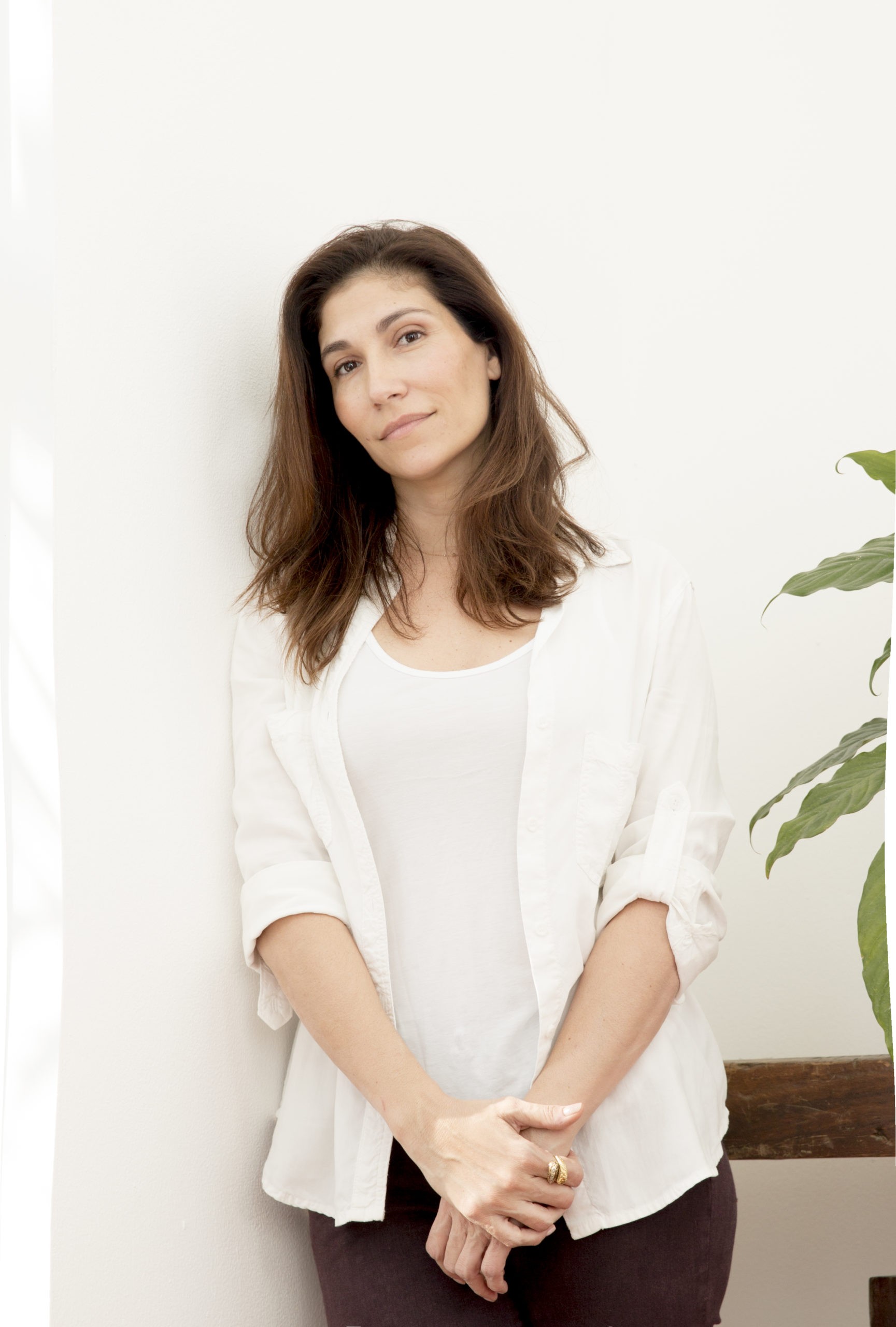Alexandra Lytton Regalado is a Salvadoran-American author, editor, and translator. She is the author of Relinquenda, winner of the National Poetry Series (Beacon Press, 2022); the chapbook Piedra (La Chifurnia, 2022); and the poetry collection, Matria, winner of the St. Lawrence Book Award (Black Lawrence Press, 2017). Alexandra holds fellowships at CantoMundo and Letras Latinas; she is winner of the Coniston Prize, and her poetry, short stories, and essays have been published in Poetry, poets.org, Best American Poetry, BOMB, World Literature Today,Agni, and Creative Nonfiction among others. Her translations of contemporary Latin American poetry appear in the New England Review, Poetry International, FENCE, and Tupelo Quarterly and she is translator of Family or Oblivion by Elena Salamanca, Prewar by Tania Pleitez, and co-translator of heidi restrepo rhodes’ Ephemeral. She is co-founder of Kalina, a press that showcases bilingual, Central American-themed books and she is associate editor at the non-profit SWWIM, Supporting Women Writers in Miami.
Alexandra is accepting folios, chapbooks, and full-length collections for critique. The fees and parameters for each of these categories are as follows:
- Single poem or hybrid piece of up to 2 pages: $25
- Folio of five poems/short hybrid work of up to 7 pages: $55
- Chapbook of up to 40 pages: $275
- Manuscript of up to 80 pages: $425
Alexandra will provide detailed comments on your manuscript as well as a cover letter. After receiving these files, participants who submit chapbooks and full-length manuscripts may also book phone/video conferences with Alexandra at no additional charge. We offer 30-minute Zoom sessions to writers who submit chapbooks and 45-minute sessions to writers who submit full-length manuscripts.
All manuscripts should be formatted in 12-point font. The deadline to submit work for this consultation program is February 28. Alexandra will complete her work and respond to all participants by March 31.

 © Caroline Lacey
© Caroline Lacey 